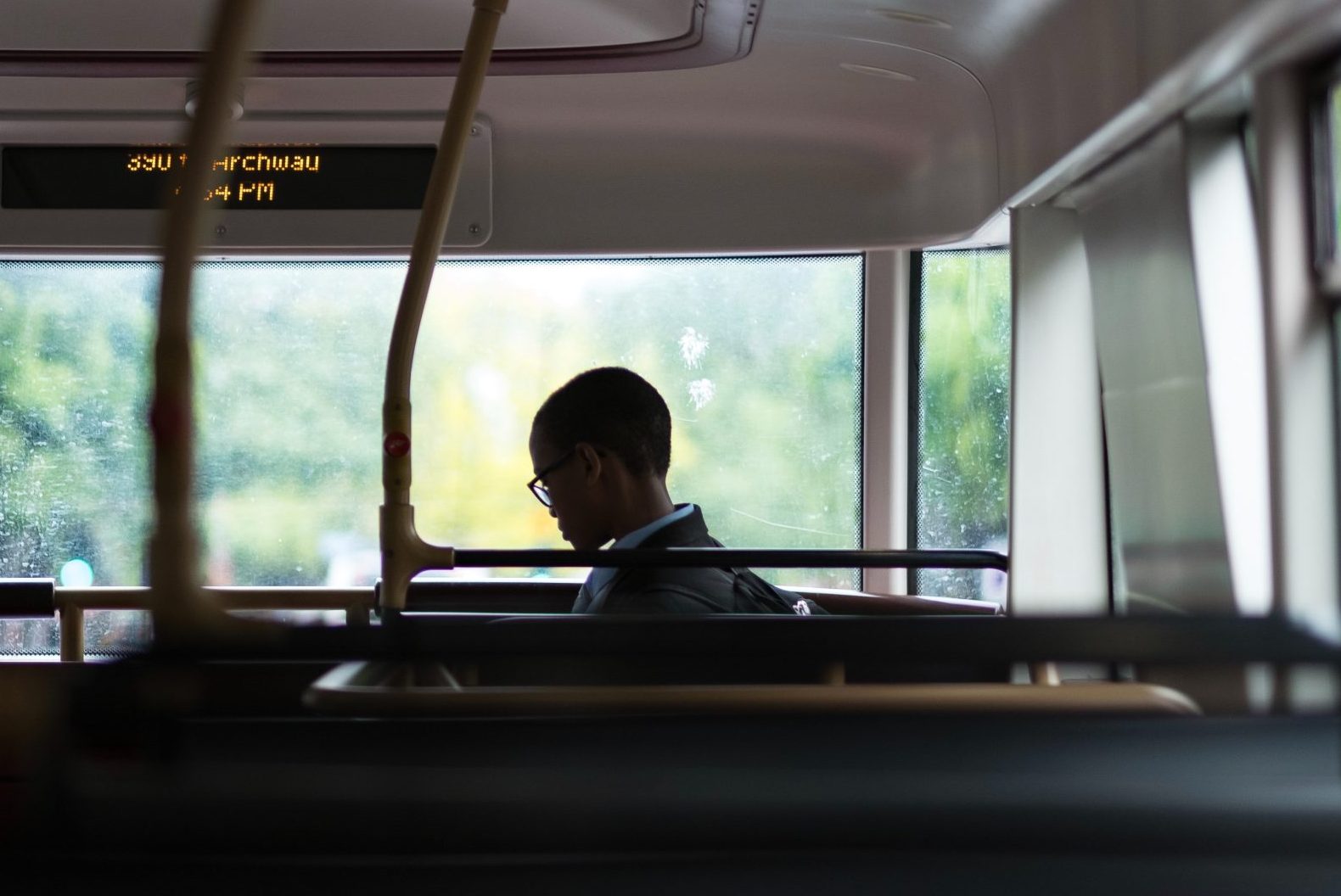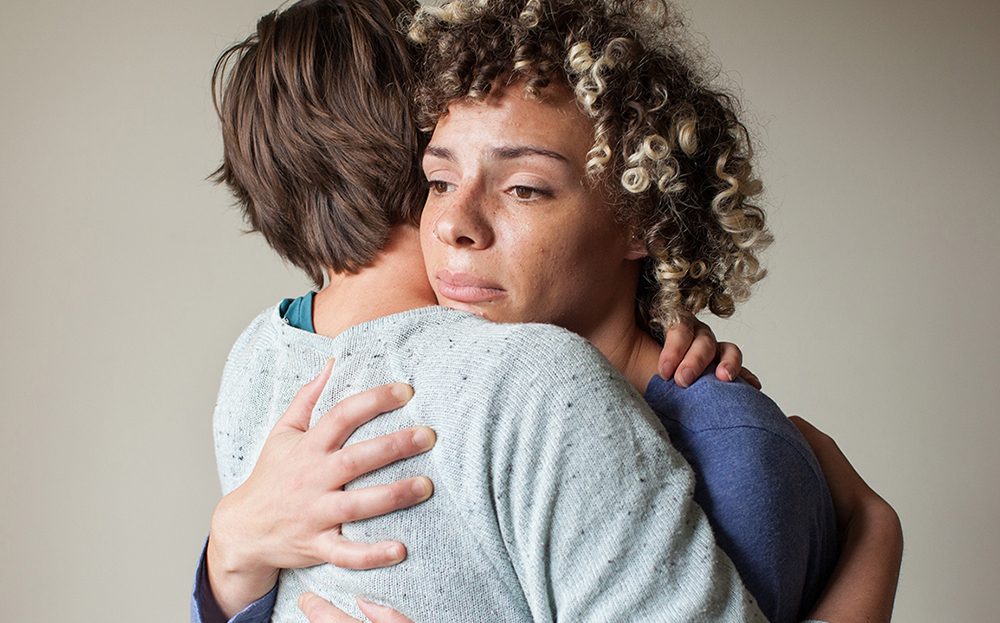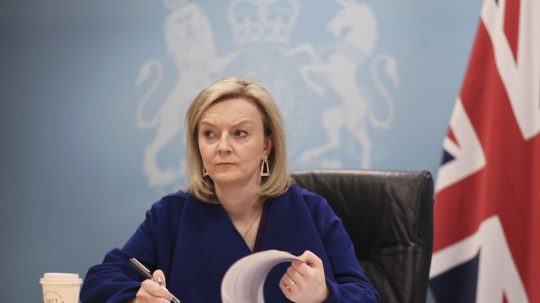The Justice Committee has pointed out flaws of the Victims Bill in a pre-legislative report that raises significant concerns for victims of crimes and abuse across the UK. The cross-party committee noted problems in the way “victims” are defined, a lack of enforcement powers and the need for additional funding and resources for the Bill to be effective. The report was published shortly after Dame Vera Baird KC recently announced her intention to stand down as Victims’ Commissioner, following the Bill’s intention to diminish the role.
Through the draft Bill the government wants to improve the police, Criminal Prosecution Service and Prison and Probation Service’s compliance with the Code of Practice for Victims of Crime (the Victims’ Code). The Bill would place four ‘overarching principles’ of the Code into statute. However, the Committee found that the principles are so “broad and permissive that it is unclear if they will serve any legal purpose” and would do little to improve agencies’ compliance.
The draft Bill comes amid a backdrop of significant and growing court backlogs, with victims of crime too often waiting years for their cases to come to court, and criminal legal aid barristers turning away from the profession over poor pay. The government is taking steps to tackle those deep-rooted problems but until they are resolved victims will continue to suffer harm.
Access to justice is a fundamental right in common law and is an essential part of the rule of law. It is also enshrined in international human rights law under the European Court of Human Rights (ECHR), which the UK ratified in 1951.
Places responsibility on survivors to know their rights
The committee has stated that it is not convinced that the overarching principles are strong enough to drive ‘cultural change’ in the treatment of victims and that the onus is placed on victims to know their rights.
The Justice Committee said: “The approach taken retains the onus on victims to claim rights they are often unaware of, rather than requiring the relevant agencies to deliver them. It is recommended that clause 2 should include an additional subsection that places an obligation on services to make victims aware of the Code.”
Earlier this year, Women’s Aid and the Ministry of Justice held a roundtable with survivors, finding that survivors overwhelmingly were unaware of the rights afforded to them in the Victims’ Code. Regarding the publication of the committee’s report, the chief executive of Women’s Aid, Farah Nazeer, said:
“The victims’ bill still puts the onus on victims to realise their rights and does not do enough to improve agencies’ compliance with the victims’ code. We also share the committee’s concerns that the bill does not go far enough to ensure that vital community-based support services, provided to domestic abuse survivors in their local areas, are readily available.”
Women’s Aid has also spoken out about the need for there to be a multi-year funding for these vital services. The call to protect services comes against a backdrop of Chancellor Kwasi Kwarteng announcement that public services will receive real-terms spending cuts of £18bn a year.
Nazeer stated: “We strongly urge that the bill commits to multi-year funding for these vital services – which can include counselling, outreach and advocacy support – including ring-fenced funding for services provided by and for Black and minoritised, and Deaf and disabled survivors.”
Diminishing the role of the Victims Commissioner
The draft Bill will also change who is responsible for the delivery of the code, enhancing the role of police and crime commissioners (PCCs) while diminishing that of the victims’ commissioner.
While the committee has stated that it welcomes the introduction of local monitoring through the PCCs, it recommends that the victims’ commissioner’s role should instead be strengthened.
The Justice Committee said: “We recommend that the Victims’ Commissioner retains a duty to oversee the operation of the Victims’ Code at a national level. Clause 11(2)(a) should not be included in the Bill. “
Bill of Rights ‘Severely Threatens’ Victims’ Human Rights
On 23 September, Dame Vera Baird KC announced her intention to stand down as victims’ commissioner, stating that the Victims Bill is “inadequate”.
Baird said: “The Victims Bill remains inadequate and the ‘British Bill of Rights’ so severely threatens victims human rights that it undermines what little progress the Victims Bill is set to bring. I am told the Bill of Rights is set to return in some form and that its withdrawal was only temporary.”
The government temporarily shelved plans to replace the Human Rights Act with a Bill of Rights in early September. It was reported that government insiders said the Bill “was poorly drafted” and risked being “shredded” in the House of Lords while other Whitehall sources described it as a “complete mess”.
As it stands, the Justice Committee, as stated during the evidence session, “are not satisfied” as to which laws a survivor of sexual violence would invoke under a Bill of Rights, if the police failed to investigate their case.
Falls short of recognising victims
Concerns have also been raised that the draft as it stands is not clear in defining who a ‘victim’ is or building in support to accommodate vulnerable individuals.
In pre-legislative scrutiny of the draft Victims Bill, the children’s commissioner for England, Dame Rachel De Souza, called for the Victims Bill to treat children’s experiences as separate from adults. De Souza raised concerns that the draft legislation refers to children “inconsistently”.
In a reflection, De Souza stated: “Children need to be at the heart of the Victims Bill. The specific and long-term trauma that children suffer as a result of poor experiences in the criminal justice system must be addressed. These are distinct from adults’ needs. The Bill must not fall short of recognising children’s experiences.”
Children’s Commissioner for England, Dame Rachel De Souza, giving evidence at the pre-legislative scrutiny of the draft Victims Bill during the Justice Committee meeting on 14 June 2022.
Speaking about acknowledging victims, Victim Support’s external affairs manager, Alex Mayes, said: “Victims whom we have worked with face distress, trauma, have to move home, have to move jobs. We think it is right that victims of serious antisocial behaviour get some merit and consideration within the Bill.”
The Justice Committee stated: “The definition of a victim must be explained in more detail, particularly where it includes witnesses without any mention of how badly said witness has been affected. It can’t be the Government’s intention that a witness to petty theft should have more rights under this legislation than a murder victim’s next of kin.”
It does not go far enough to ensure local services are available
Clauses 6 to 8 of the Bill contain measures to improve the commissioning and provision of victim support services by placing a duty on local authorities, PCCs and Integrated Care Boards to collaborate when commissioning these services.Justice Committee chair Sir Bob Neill MP said: “The draft Bill’s aim to improve the criminal justice system’s treatment of victims is laudable, but the Government must provide new funding to make it all possible. If not, the police, CPS and Probation Service will be forced to divert funds away from their core functions.”
However, the duty does not go far enough to ensure that vital, community-based support services are available to victims of domestic and sexual abuse.
The Committee have warned that the duty should be accompanied by a multi-year funding package. The pre-legislative report stated: “Without the necessary funding in place the Bill risks raising victims’ awareness of their rights only to leave them unable to access them due to the relevant services already working at full capacity.”
Bill ‘lacks teeth’ and doesn’t enforce compliance
The Committee has stated that it has heard that the Bill “lacks teeth”, as there is no detail of the penalties that criminal justice agencies would receive for non-compliance with the Victims’ Code.
The draft Bill requires the police, CPS, courts, Probation Service and local authority Youth Offending Teams to monitor their own performance and share data with local Police and Crime Commissioners for review. However, the Bill provides no mechanism to enforce compliance.
While the government has said it plans to publish the data collected through local and national scorecards, the Bill contains no requirement for authorities to, or indicate that data should be collected and published in a standardised way. A lack of data has been a key barrier to monitoring implementation of the Code, particularly with respect to minority groups.
The Committee stated: “Clause 5 should include a duty for the Victims’ Commissioner and local victims’ groups to be consulted on the data agencies are required to hold. Data should be standardised to allow comparison across police areas. PCCs should be required to publish that data in a form that can be disaggregated by crime type and protected characteristic.”





